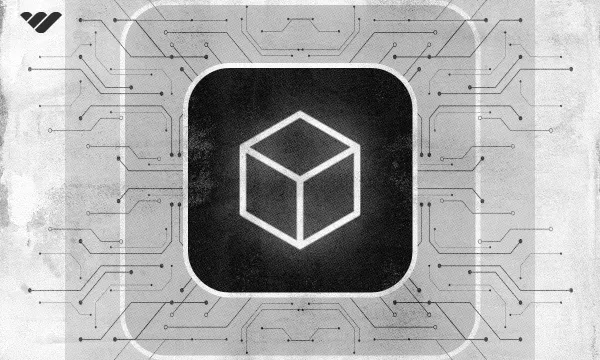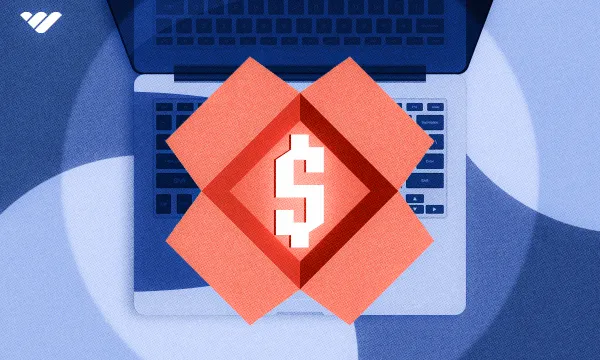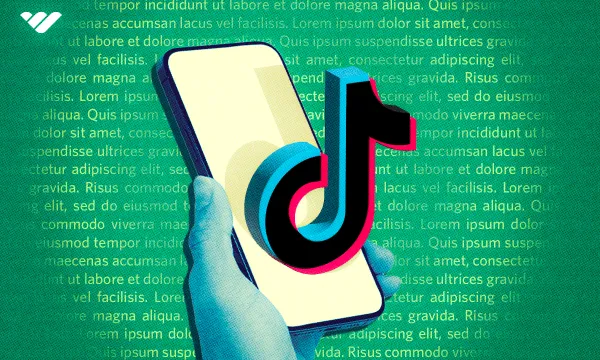Entrepreneurs have sold products online since the early days of the internet. Online marketplaces have become the norm, offering anything a buyer might want in just a few clicks.
This has also opened new avenues for sellers, who can upload and distribute a range of digital products without much risk. But which products are defined as digital? How do they differ from physical products?
Read on for a complete breakdown of digital products and how you can sell them online.
What are Digital Products?
Digital products are classified as intangible goods. These could include eBooks, artwork, software, online courses, video games, or music. In short, they are anything that exists in digital format. Digital products are usually delivered to customers via download or email.
As the world becomes more digital, these products have become common goods. It is estimated that over the last 2 years, digital product transactions have increased by almost 70%. This upward trend is an example of how important digital goods have become in the global economy.
Physical vs Digital Products: What's the Difference?
While digital products are intangible goods that you sell online, physical products are tangible goods that you can sell online or in person.
A key difference between the two comes down to stock and distribution. Digital products can be created and distributed over and over again without having to wait for new inventory or figure out the logistics of fulfillment. Meanwhile, physical products need to constantly be produced or sourced to replenish inventory, in addition to maintaining packing and shipping, in order for a business to run smoothly.
Here are some examples of physical goods and their digital counterparts:
| Physical Product | Digital Product |
|---|---|
| Book | Ebook |
| Seminar | Webinar |
| Clothing | Virtual Skins |
| Printed newsletter | Digital newsletter |
| Board Games | Video games |
Digital Products Types and Examples
The above table outlines just a few of the different types of digital product that you can sell. Here, we expand on some of the above categories and explore even more types of digital products that you can create, with examples of each.
1. eBooks

The advent of e-readers and smartphones has created an explosion of eBooks. Gone are the days when physical books were the only option for readers. Now you can get an entire book series on a device with just a few clicks.
This has been beneficial for readers, but equally important for writers – who can now publish their own work without the need of publishing houses or physical presses. In 2020, over 191 million eBooks were sold. This offers a chance for writers, entrepreneurs, and content creators to sell their work in this new, constantly expanding format. So, if you have an idea that you can transform into the written word, you can easily create an ebook.
Example:
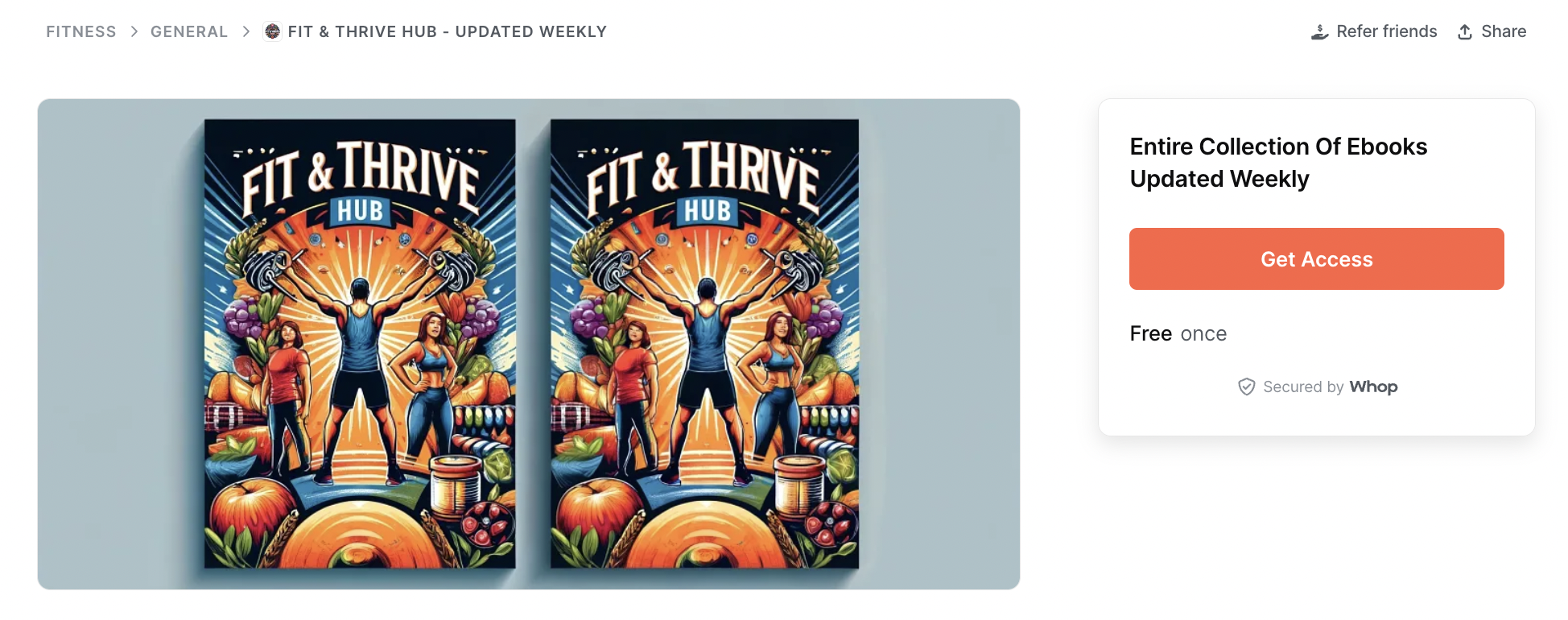
Fit & Thrive provides a wide-ranging collection of fitness literature. Subscribing to Fit & Thrive gives users the chance to get curated eBooks that have been designed to help individuals progress on their fitness journeys.
Fit & Thrive is a free subscription, which includes a collection of downloadable fires and a Telegram community.
2. Music
Just like with reading, digital products have transformed the way people listen to music. With platforms such as Spotify and Apple Music, it’s more common for people to stream music than to own it. This means that for a creator looking to put their music out into the world, digital should be their first port of call.
Example:

Reptile Solider sells music beats on Airbit, with licenses for both exclusive and non-exclusive rights.
3. Video Games
Another common type of digital product is video games. All gaming consoles can download and store games independent of discs or cartridges. Digital downloads are a popular option for gamers and the only option for many live service games that function online. Though it was previously a very competitive market to break into, indie developers can now create and sell their own games online, either through their own site or on a popular gaming platform like Steam.
Example:
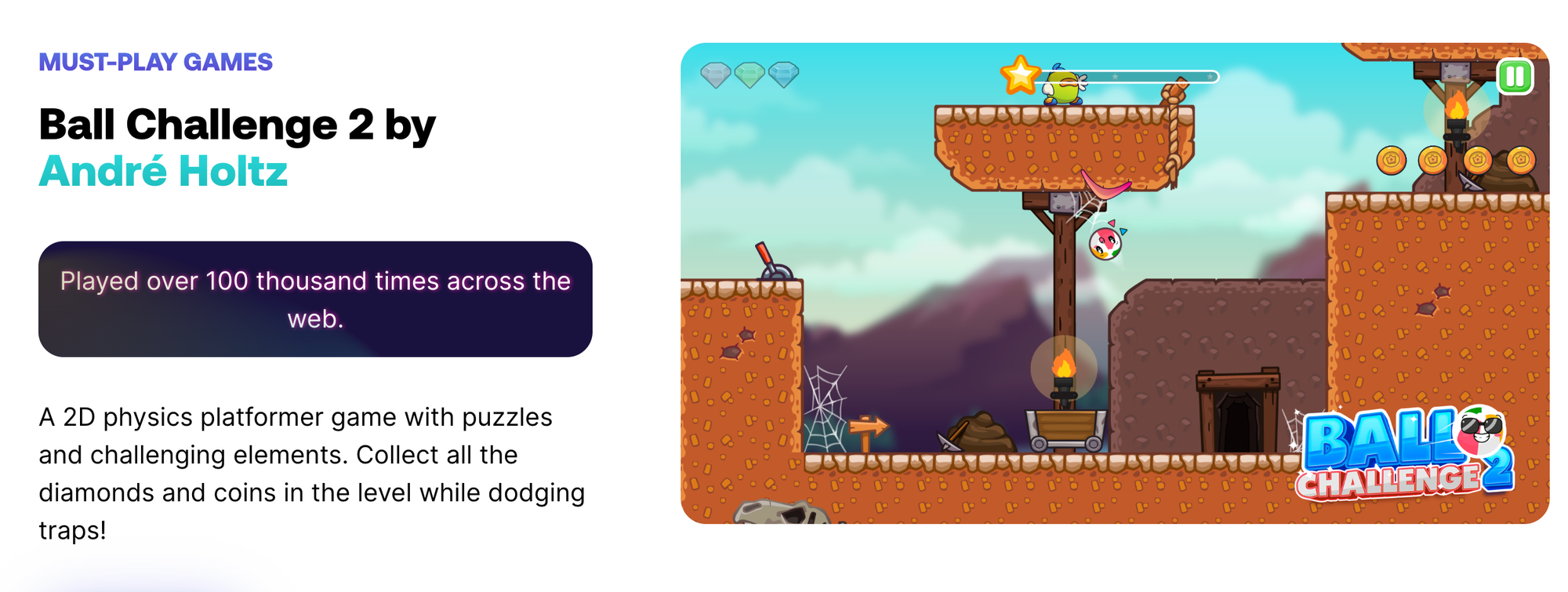
Game developers can publish on Steam for a $100 fee. Once they make over $1000 in revenue, that fee is then returned to the seller. Steam takes a 30% cut of revenue, as it acts as a marketplace for people seeking new games to play.
4. Software
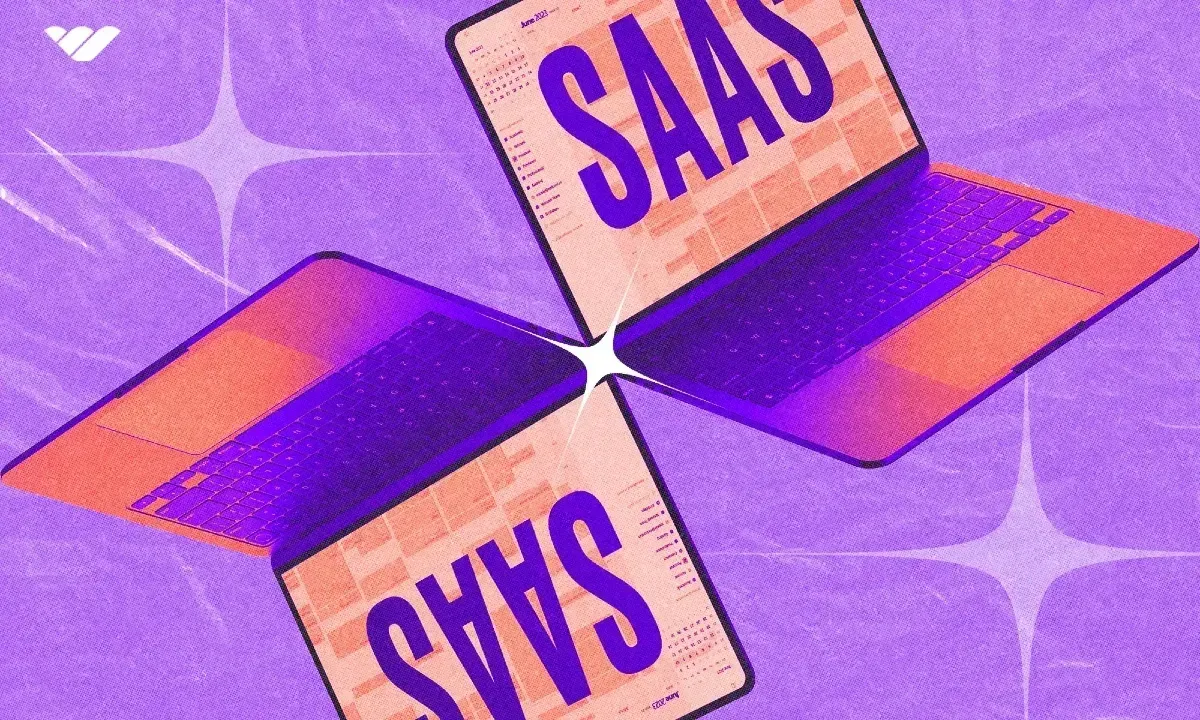
Software is a broad category, spanning multiple creative disciplines. Software might include development or creative tools for industries like gaming, music production, art, writing, and more. The SaaS industry - known as 'Software as a Service', has undergone incredible growth in the past eight years, and popular SaaS products include MailChimp, Gmail, Slack, and Dropbox. If you are technologically minded, then SaaS is a great digital product to create and sell.
Example:
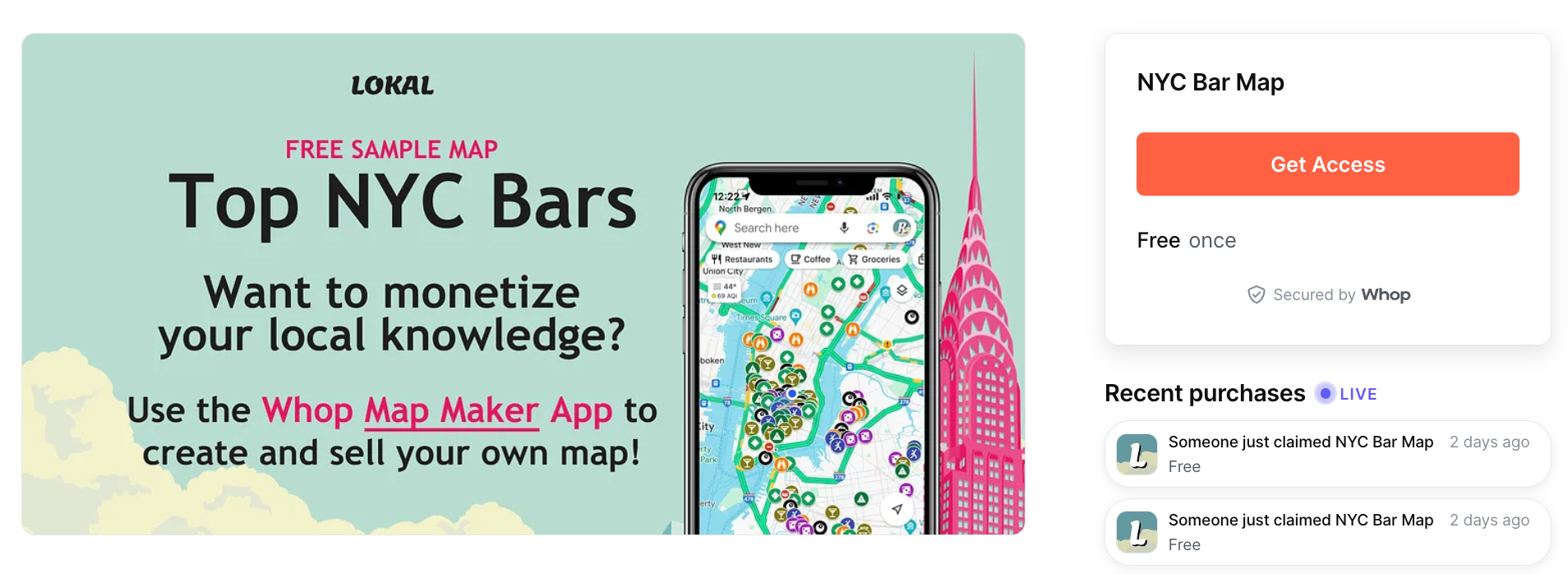
Here is an example of a piece of software that helps travelers find exciting locations in New York City. This custom map adds directly to the user’s Google Maps to give them recommendations including:
- Sports Bars
- Crafted cocktail bars
- Hideaways
- Speakeasies
- Pool halls
- Arcade bars
- Dance bars
Available for free download, this is a good example of how a simple idea can be turned into a digital product.
5. Online courses
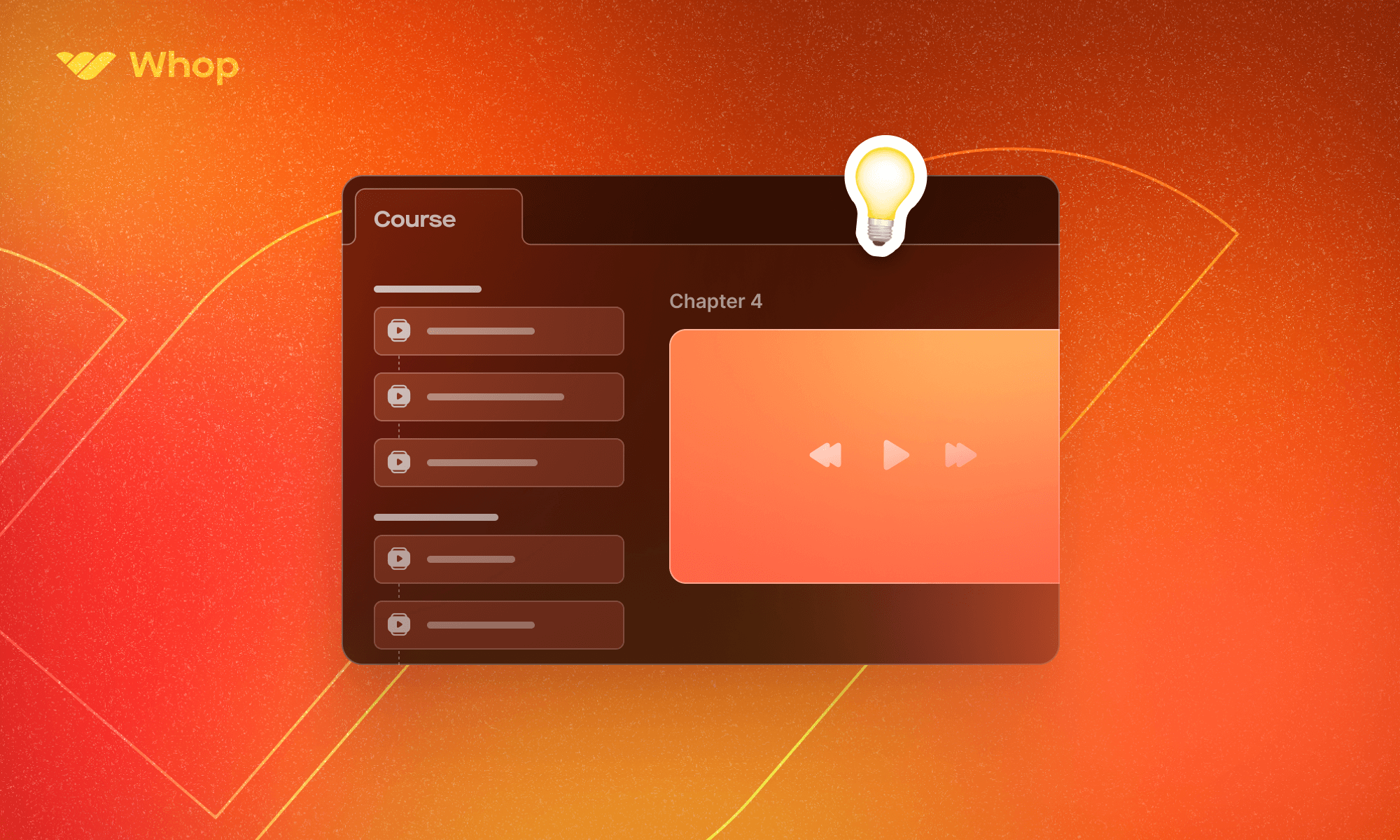
Online courses have become increasingly popular over the last ten years. These digital learning platforms and spaces allow people from all over the world to learn new skills and knowledge without leaving the comfort of their homes. Today, you can find online courses on everything from how to learn to play the guitar, to extensive business courses. As a creator, if you have education or a skillset that you can share with others, then you can easily create an online course to sell.
Example:
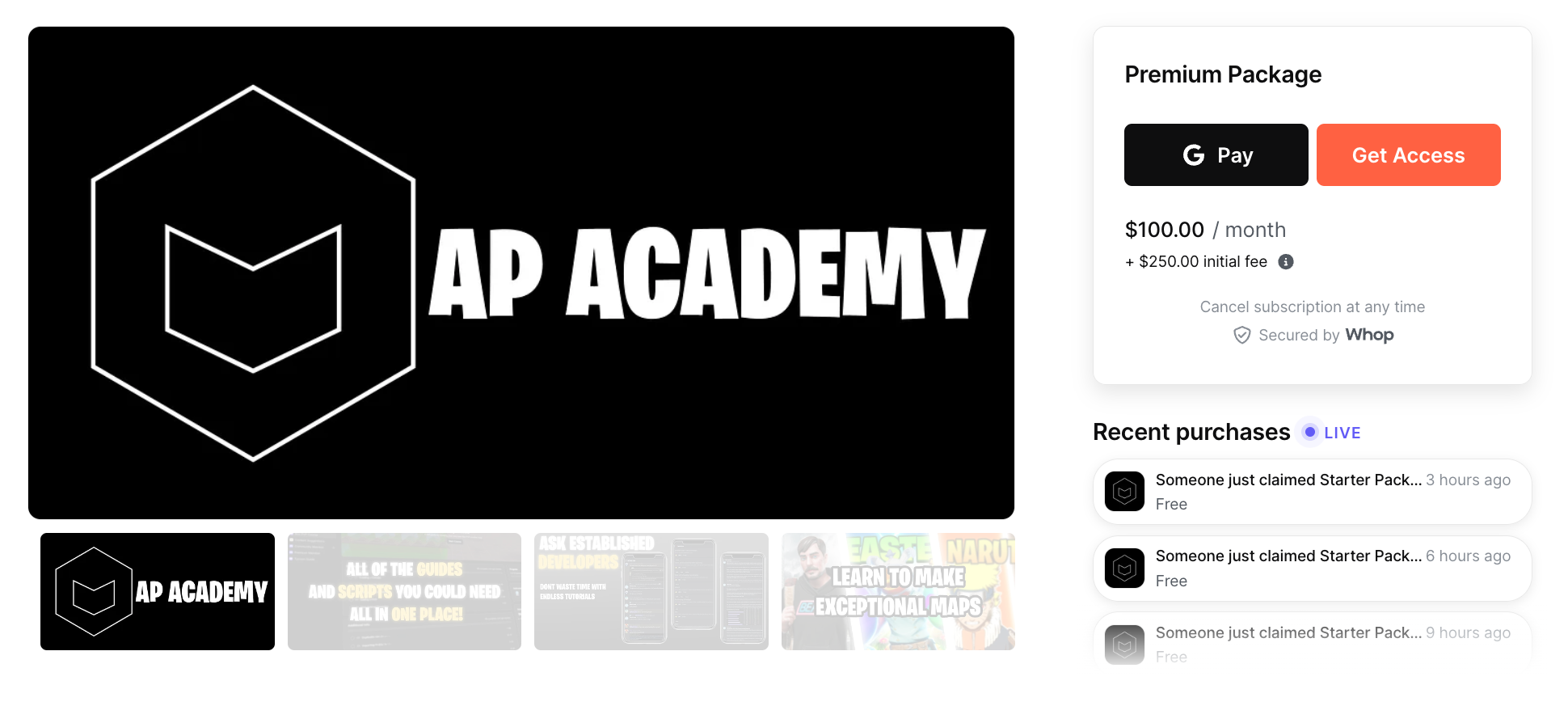
Map Academy is an online learning platform that offers courses and a supportive community to help anyone learn to create maps. There are two entry options, the first being a free Discord community membership. Alternatively, their premium package, at $100 per month, offers access to their collection of online courses.
6. Online Communities
This is a more modern type of digital product, and one that is created by influencers, public figures, course creators, educators, and more. Online communities are a way to a creator of any kind to bring together their audience or customers and create a branded, helpful, and, most importantly, exclusive group.
Online communities can take whatever form you like. It can be as simple as a beauty influencer creating a paid forum for their community to share product tips and reviews, or as in-depth as an online trader creating a paid community that involves a forum for advice, chat for engagement and weekly group video calls for extra education and advice.
These communities are sometimes hosted on their own websites but can also be on popular platforms such as Discord and Telegram. Online communities offer subscribers several benefits, such as daily support, exclusive content, or direct communication with teachers or creators.
Example:

Discipline Dynasty is an online community dedicated to fitness and self-improvement. Access to this community is sold at $20 per month which offers you access to character training programs, 24/7 help from fitness experts, tutorials, monthly calls, and a bank of resources and information.
7. Podcasts
Podcasting is a format that has grown at the same time as digital products became widely available. Most podcasters provide two options for their content – download or streaming. You’ll find podcasts online that can be downloaded for free (usually monetized with ads) or sold as a one-off payment or as part of a wider subscription model. There are so many different ways that you can monetize a podcast, from subscriptions, to affiliate marketing, to merch, communities, and more.
Example:

Club 520 is a sports podcasted hosted by NBA All-Star Jeff Teague. With Whop, Club 520 has created a space for podcaster subscribers to access exclusive content, special drops, ad-free content, discounts on merch, and more!
The Advantages of Selling Digital Products Over Physical Goods
By now you know that digital products come in many different forms and have a wide variety of uses, but you may still be wondering why you should sell digital products instead of physical goods. Why sell an ebook instead of a hardback, or host a course online instead of in-person?
Let's take a look at the advantages of selling digital products:
Low Barrier to Entry
Whether you have skills in design, creative writing, photography, trading, betting, education, or anything else, you have what it takes to create a digital product. It doesn't matter whether you are selling an ebook about Quantum Physics or a video lesson about artisanal soapmaking, if you have an idea or a skill you can turn it into a digital product.
This is very different to selling a physical product. If you wanted to sell a printed book, you have to know your way around the publishing industry and how to get stocked in brick-and-mortar stores. If you put the same information in ebook format you simply write, upload, and distribute online. This leads us to...
Low Overheads
How much does it cost to write, print, bind, publish, and distribute a physical book? What about the cost to hire a venue space and kit it out with refreshments for your seminar or community? Physical products come with a whole lot of overheads that can be reduced or even completely diminished by digital products. With digital products you pay with your own skill and time, and then however much it costs to develop and host your product, plus any fees associated with sales platforms and digital fulfillment.
Perpetual Stock
With digital products, you will never run out of stock (unless you intentionally create a limited-run product). This is a clear benefit when compared to physical goods, which require constant inventory management and production. By removing the challenges of stock management, you will save time to design new products and market your existing ones. You just need to ensure that you have the resources needed to scale as your business grows.
Flexible Products
Digital products allow you to make changes when needed. If you’re a software developer who notices a bug in your software, you can simply fix it and upload a new, patched version. Because of this, you can always give your customers the high quality they deserve. In contrast, if you make physical goods and notice a defect after stock has been sent, you have to wear the cost of that stock, and process refunds, and deal with returns for postage.
Global Marketplace
You can sell digital products to anyone, anywhere. You're not bound by borders or shipping restrictions, or even timezone challenges. As a result you have access to a global audience.
Join the Thousands of Entrepreneurs Selling Digital Products on Whop
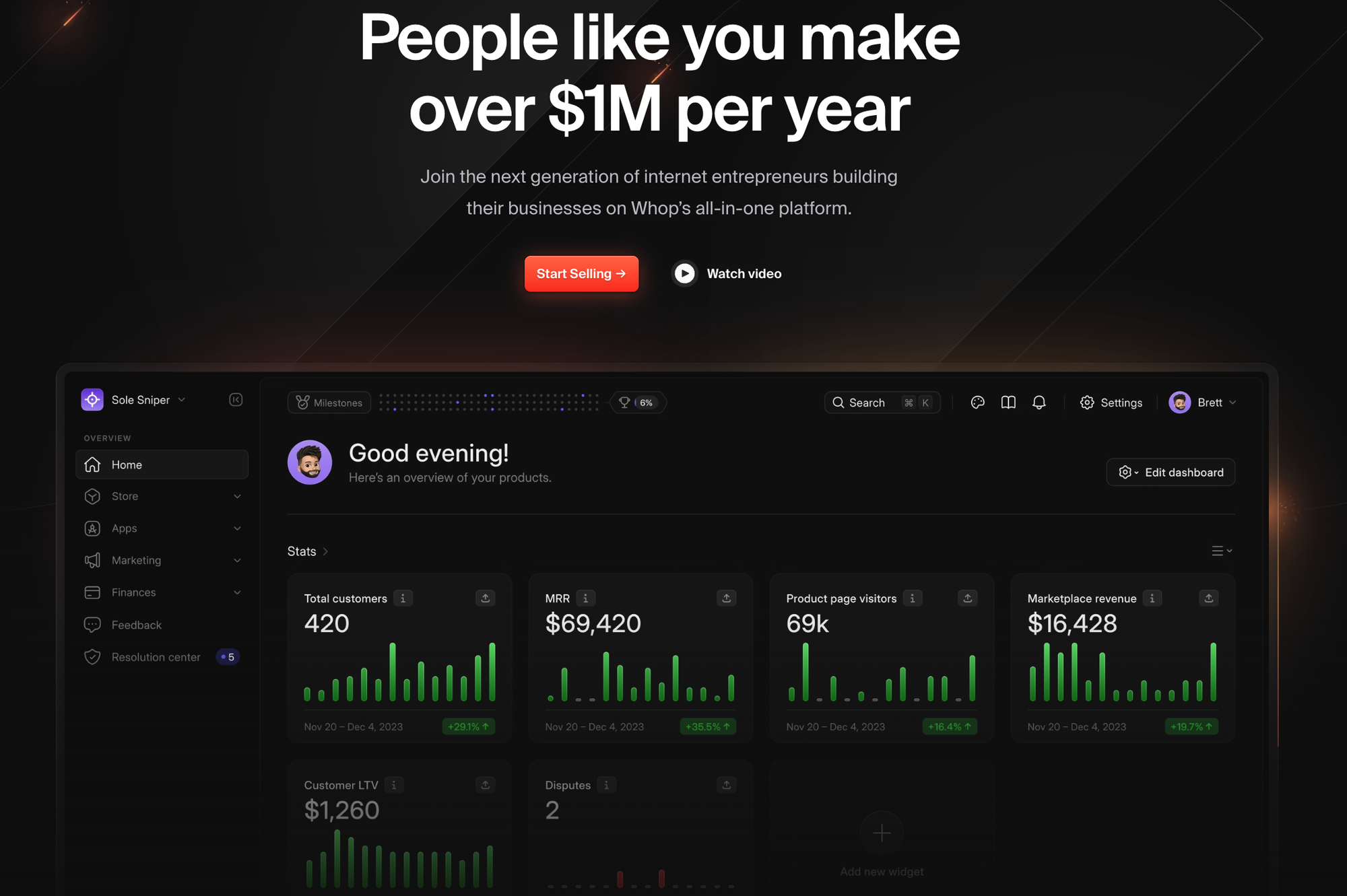
By now it should be clear to see that when compared to physical products, digital products present an exciting opportunity for a market that anyone can enter. Everyone from influencers, to teachers, developers, writers, and creators of all kinds are creating and selling digital products and watching their businesses continue to grow and thrive. In fact, Whop has shown that anyone can earn over $2000 a month selling digital products, with more than 1300 people earning $2000 in March 2024 alone.
Why not join the growing number of creators on Whop? Whop is a social commerce platform where anyone can sell their digital products. You can create your Whop Hub in minutes, listing just about any kind of digital product you can think of – courses, platforms, communities, eBooks, and more. Plus, there are no upfront fees for Whop, just an industry-leading 3% fee on sales.
It's never been easier to make money online, and with Whop you can start selling in less than 10 minutes. What are you waiting for?
